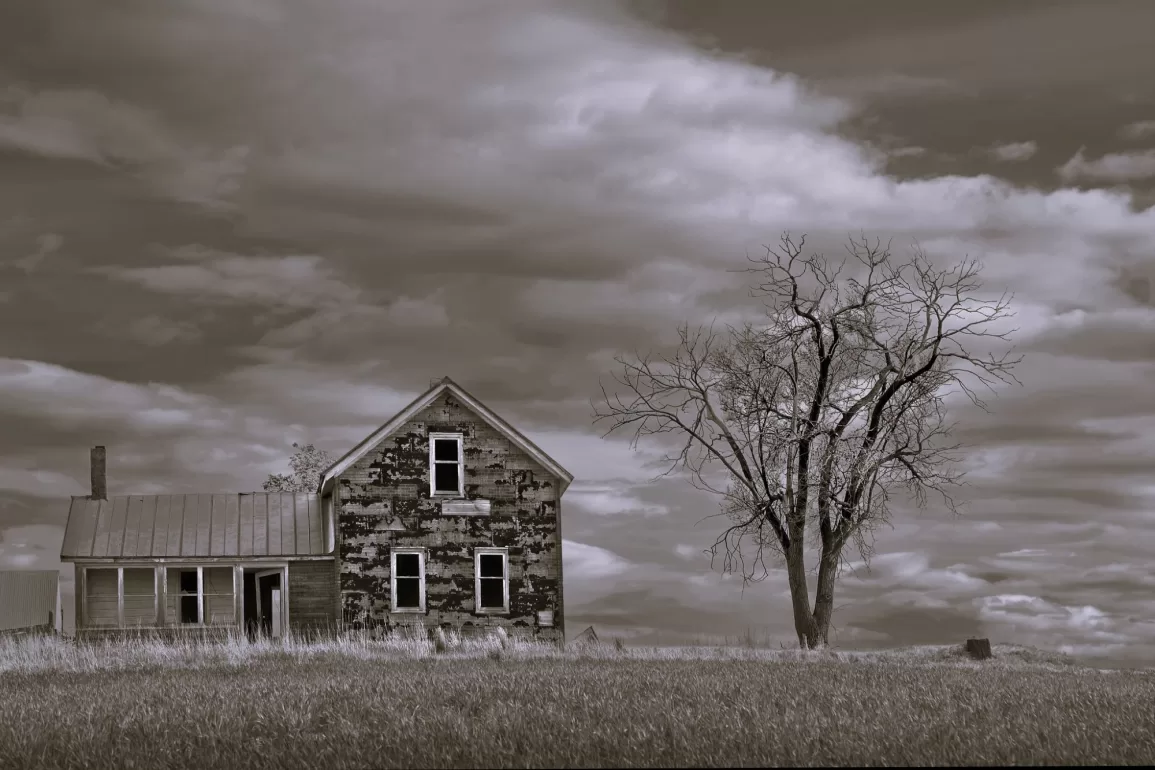And when this house goes down to wrack and ruin, as it must and will, not just because the brick and sheetrock are tacked to a rickety frame of quick growth wood that was not built to stand for centuries against the wind and rain and rot, will people still make of this land their home? And once copper thieves have come and taken all that’s precious from the walls, once the roof caves in, once walls buckle and floors...

